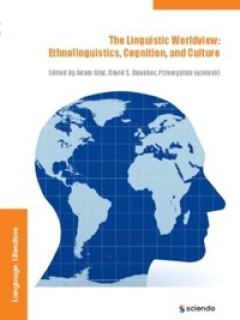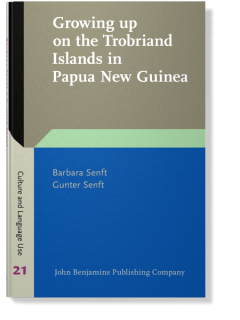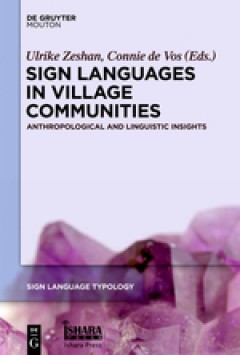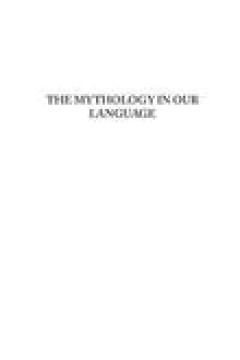Filter by

The linguistic worldview : ethnolinguistics, cognition, and culture
the book is concerned with the linguistic worldview broadly understood, but it focuses on one particular variant of the idea, its sources, extensions, its critical assessment, and inspirations for related research. This approach is the ethnolinguistic linguistic worldview (LWV) program pursued in Lublin, Poland, and initiated and headed by Jerzy Bartminski. In its basic design, the volume emerg…
- Edition
- -
- ISBN/ISSN
- 9788376560748
- Collation
- 492 p.
- Series Title
- -
- Call Number
- 306.44 GLA l

Growing up on the trobriand islands in Papua New Guinea. Childhood and educat…
This volume deals with the children’s socialization on the Trobriands. After a survey of ethnographic studies on childhood, the book zooms in on indigenous ideas of conception and birth-giving, the children’s early development, their integration into playgroups, their games and their education within their `own little community’ until they reach the age of seven years. During this time ch…
- Edition
- -
- ISBN/ISSN
- 9789027200693
- Collation
- 274 p.; 22 cm.
- Series Title
- Culture and Language Use. Studies in Anthropological Linguistics
- Call Number
- 305.2309953 SEN g

Sign languages in village communities : anthropological and linguistic insights
The book is a unique collection of research on sign languages that have emerged in rural communities with a high incidence of, often hereditary, deafness. These sign languages represent the latest addition to the comparative investigation of languages in the gestural modality, and the book is the first compilation of a substantial number of different village sign languages.Written by leading ex…
- Edition
- -
- ISBN/ISSN
- 9781614511496
- Collation
- VIII, 420 p.
- Series Title
- Sign Language Typology [SLT]
- Call Number
- 419 ZES s

The mythology in our language
In 1931 Ludwig Wittgenstein wrote his famous Remarks on Frazer’s “Golden Bough.". At that time, anthropology and philosophy were in close contact—continental thinkers drew heavily on anthropology’s theoretical terms, like mana, taboo, and potlatch, in order to help them explore the limits of human belief and imagination. Now the book receives its first translation by an anthropologist, …
- Edition
- -
- ISBN/ISSN
- 9780990505068
- Collation
- IX, 250 p.
- Series Title
- -
- Call Number
- 201.3 WIT m
Linguistic construction of ethnic borders
This volume focuses on the linguistic constructs involved in ethnic borders. Ethnic borders have proven themselves to be surprisingly long-lived: in nearly all European countries and beyond, border demarcation, exclusion of foreigners, and minority conflicts are some of the most persistent challenges for nations and societies. Which linguistic factors play a role in the formation of these borde…
- Edition
- -
- ISBN/ISSN
- 9783653982565
- Collation
- 264p. : ill. ; 22 cm
- Series Title
- -
- Call Number
- 306.44089 LIN l
 Computer Science, Information & General Works
Computer Science, Information & General Works  Philosophy & Psychology
Philosophy & Psychology  Religion
Religion  Social Sciences
Social Sciences  Language
Language  Pure Science
Pure Science  Applied Sciences
Applied Sciences  Art & Recreation
Art & Recreation  Literature
Literature  History & Geography
History & Geography